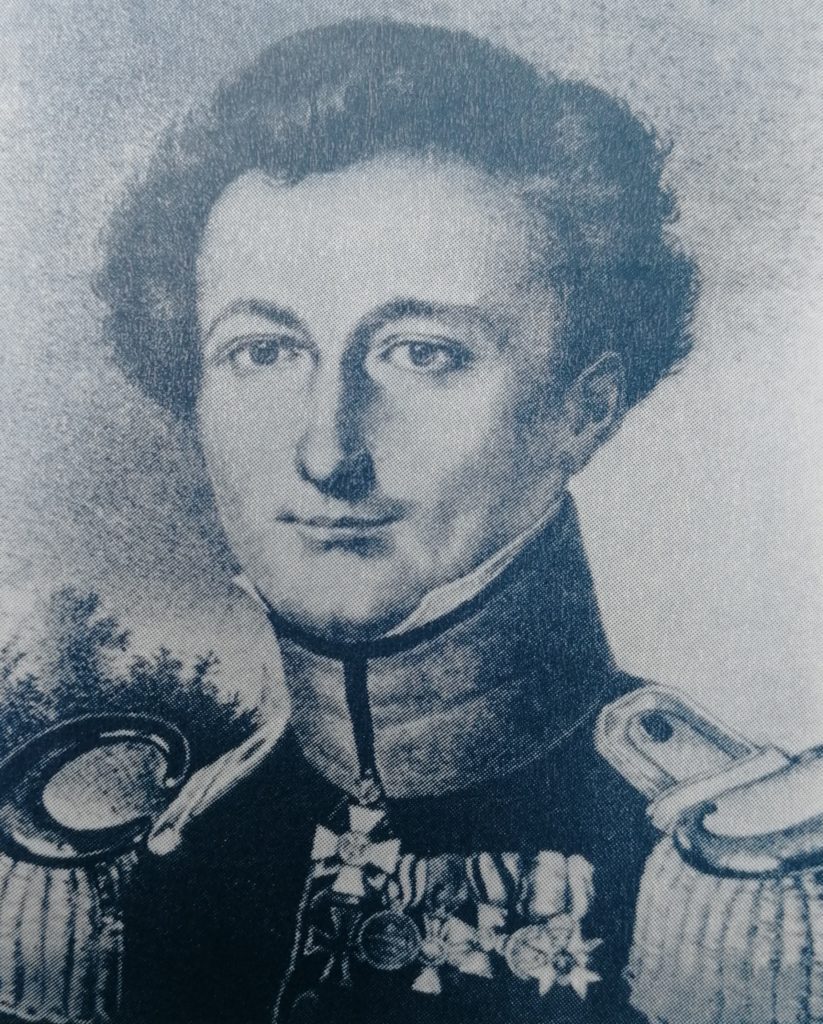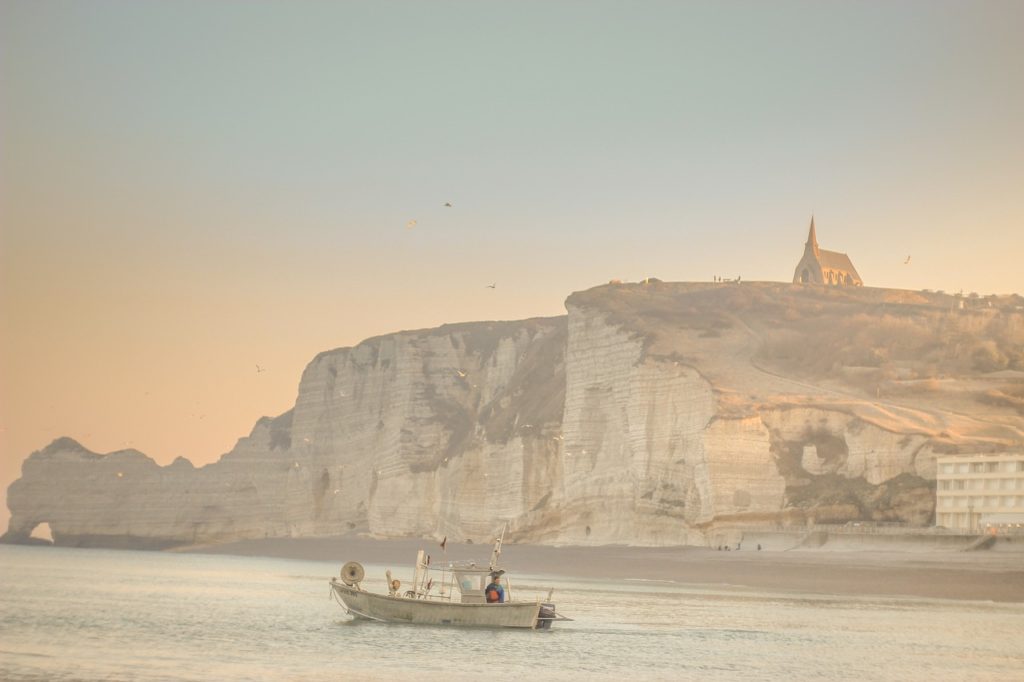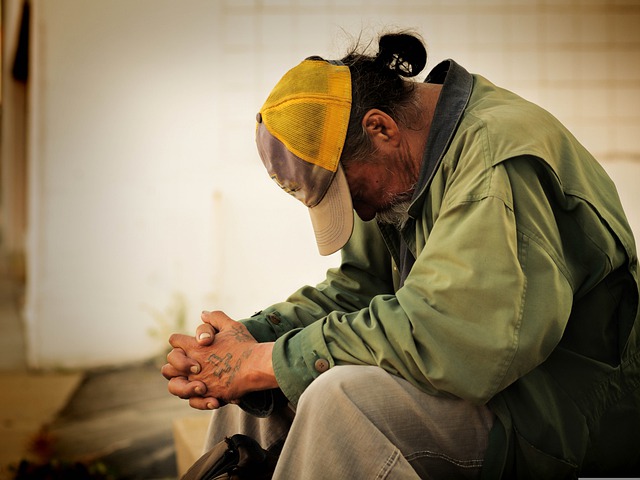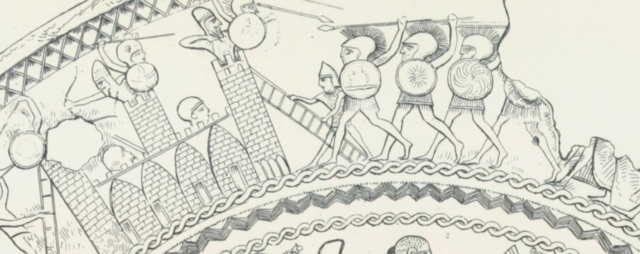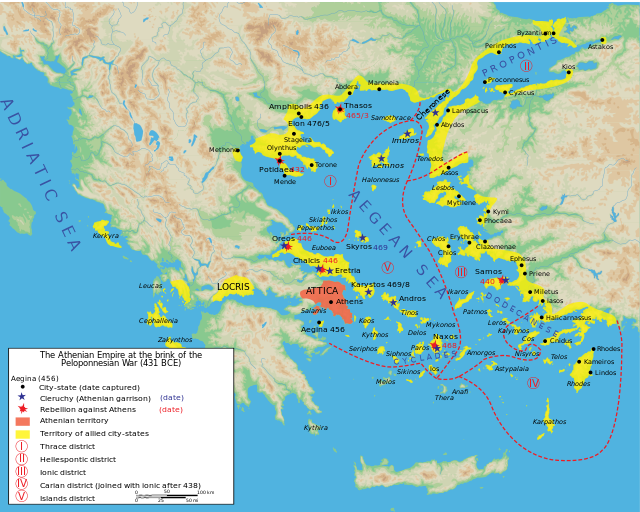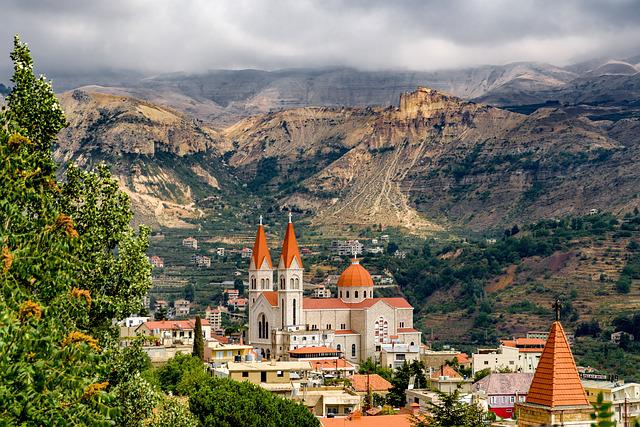Fetish, totem, stroke of genius, Clausewitz’s “formula” – “war is nothing but the mere continuation of politics by other means” – is sometimes praised, sometimes reviled by strategists.
We’ve come to the end of our Clausewitzian journey. Please feel free to read our other articles on the concepts introduced by the master in On War. We advise you to read the one on absolute war before continuing.
It’s time to confront this monument.
War is subject to politics
Clausewitz opens De la guerre with the ambition of analyzing the phenomenon of war. “We propose to examine war first in each of its elements, then in each of its parts, and finally in its entirety, that is, in the connection these parts have with each other”.
Logically, then, the discussion begins with a proposed definition. “War is therefore an act of force by which we seek to compel our adversary to submit to our will”.
Notion of political goal
The use of force – and violence – is therefore by definition inseparable from war. But for Clausewitz, force is merely a means to a political end.
However, the only way to achieve this political goal is “to put the enemy in no position to defend himself” (p. 28). The political goal can therefore only be achieved through a military objective.
If the use of armed force is the means to a political end, then war is subject to politics. This is one of the major theses of the work. It is also one of the meanings of Clausewitz’s formula, war as the continuation of politics by other means.
War is subject to politics
War does not impose its logic on politics. “It is therefore the political goal […] that determines the result to be achieved by military action, and the efforts to be devoted to it”.
The only requirement for war is that the political objective be compatible with the use of armed force. Clausewitz was not the theorist of total war, in which political reason would have to give way to the imperatives of war (that was Ludendorff).
On the other hand, the amount of effort required (i.e., the level at which the military goal is set) to achieve the political goal depends on the pre-existing relations between the belligerents. For example (this example is ours, and does not appear in the work), conquering a neighboring province may well be done without a blow, if it’s just a matter of the population concerned changing tyrants. But if people’s passions have already been aroused, this conquest can lead to a long and cruel war. The form of war changes, but not the political objective.
War and politics are therefore of the same nature. There is no break between them, despite the introduction of force. War is the means to a political end: it is simply its continuation. Politics does not cease with the use of arms.
The meaning of the formula
Strictly speaking, the “formula” is not a definition of war. Rather, it is a characterization. The starting point of Clausewitz’s analytical approach is the identification of two dominant features of warfare.
What is the “policy” in question?
The restrictive point of view
For Martin Van Creveld, in The Transformation of War, Clausewitz understands politics to mean only relations between states based on rational interests and calculations. The formula would then be unable to account for the participation of non-state groups in war, or for conflicts in which one side is fighting for its survival.
Clearly, it would not have had such a following if the term “politics” had to be understood in such a restricted sense.
Human communities
Of course, in On War, Clausewitz concentrates on wars between or within states. And with good reason: these were the only wars he knew of. However, when he describes the essence of war in Book One, he does seem to take into account the possibility of political conflicts outside the state. “Between human communities, and especially between civilized nations, war always arises from a political situation and pursues a political goal”.
Unsurprisingly, Clausewitz sees the nation – and in this case the state – as a “civilized” form of human organization. But he also envisages the existence of other types of organization, other types of “human communities”.
We will therefore define “politics” as the ways in which human communities cohabit and live together. N.B.: this is our definition. It does not appear in the work.
The struggle for survival and the disappearance of political purpose
Clausewitz also considered struggles for survival, as opposed to “political” wars fought for “interests”.
He noted that wars can vary in intensity, from wars of extermination to wars waged for cold interests. He recognizes that their relationship to politics seems, at first glance, to differ according to this intensity.
*
“The more extensive and powerful the motives that lead to war, the more tense the political situation that precedes it, the more the existence of the peoples taking part in it is engaged, and the closer war itself comes to its abstract form […] and seems to withdraw from the authority of politics to follow only its own laws: the military goal and the political objective become identical. But on the other hand, the weaker the motives that preside over war and the tensions that precede it, the further the political goal deviates from the outburst of violence inherent in war, so that, obliged to deviate from its natural direction in order to conform to the one imposed upon it, war […] finally comes to seem exclusively an instrument of politics.”
On War, emphasis added.
*
However, this disappearance of the political goal behind the military objective is only apparent. “All wars must be considered as political acts”, he asserts a few lines further on.
If political and military aims become confused, one does not absorb the other. A war of extermination is also a political act, albeit an extreme one: it appears legitimate and necessary to at least one of the two sides.
So what are these “other means”?
Clausewitz’s answer would be immediate: violence, bloodshed. It is one of the intrinsic characteristics of war. “In order to define war without becoming too heavy-handed, we shall confine ourselves to what constitutes its primordial element: combat”. Violence is thus an extraordinary means for politics to achieve its ends.
For Clausewitz, war without violence and combat is an illusion. “According to some philanthropists, there is some artificial method which, without bloodshed, would make it possible to disarm or reduce the adversary […]. However generous this idea may be, it is nonetheless an error to be combated”.
These two elements lead us to recompose Clausewitz’s characterization of war, to propose a definition of war that seems to us to be in line with his formula. War is an armed and bloody confrontation between human groups, with the aim of forcibly modifying their common modes of existence, including through annihilation.
The question now is whether this definition stands up to criticism, and whether it is of any use in dealing with the phenomenon of war.
Can war not be political in nature?
Let’s subject this definition to an intellectual bombardment and try to refute it.
Seemingly non-political reasons for war
The motives for war can be diverse: political, of course, but also religious, legal, cultural, economic… How can war not therefore be of a non-political nature?
Clearly, most conflicts can be described as “political”, in the sense of our definition. A war to impose trade terms on another party, such as the opium wars (this was obviously not the only motive for these wars), falls well within our definition of cohabitation terms.
The same applies to wars waged for legal or moral reasons. Legal institutions and concepts, whatever the era, set in stone the relationships that communities must have with each other. As for imposing moral imperatives through war, this remains the imposition of a norm on the adversary.
Religious conflicts are also political
Religious conflict is also a political conflict, even if this may seem counter-intuitive. Imagine a conflict whose motivations are purely spiritual. This type of conflict is probably an impossibility, so numerous, diverse and profound are the reasons behind a war. But let’s imagine a purely religious war.
Several belligerents clash over the validity of their understanding of a religious (or philosophical) doctrine. It’s a question of day-to-day ways of living and cohabiting. So it’s already politics. The winning side will have succeeded in forcibly imposing its way of believing on the vanquished. It will have redefined the terms of cohabitation with its opponents.
Finally, it has been suggested that the wars waged by the Aztecs against their neighbors were not political. Rather, they were religious in nature. Indeed, their sole purpose was to take captives and sacrifice them to the gods. However, the real question settled by the war was who should provide the supplicants. Once a village had been subjugated, it owed a certain number of individuals to be sacrificed as tribute. While the motive for war was indeed religious (to take captives), its nature remained political. The aim was to create and maintain a system of domination between human groups.
Wars for honor?
But what about honor? An armed conflict between human groups motivated by honor would not qualify as war today. It would be considered a vendetta, or a cycle of violence. It seems inconceivable to us that two political entities would go to war over a question of honor.
However, in other societies, other cultures, other times, this notion is quite conceivable. Two groups could clash over an act perceived as unacceptable in the value system in question. In any event, armed confrontation would then take place, not to define the terms of coexistence, but with the aim of correcting an imbalance introduced into cohabitation between the groups by one of the parties. In this sense, it remains possible – albeit at the extreme limit – to conclude that this armed violence is political in nature.
Nevertheless, the conflict could not have a political objective. It would be a matter of defeating the other to an undefined extent, up to the point where equilibrium is deemed to be re-established and acceptable to the parties to the conflict.
War as culture
As a final analysis, the only circumstance in which war might not be political is if it is a culture.
This is not a conflict of cultures, in the sense of one side trying to impose its culture on the other by force. That would fall within our definition of politics. We’re talking about war as culture, as a way of life.
According to John Keegan in Histoire de la guerre, the strength of the cavalry peoples of the steppes was to have war as a way of life. In other words, they lived solely for and through combat. This position probably needs to be qualified. However, if war can be a way of life for an entire people (as distinct from a mere profession), then it is not necessarily a continuation of politics. It does not redefine the modalities of cohabitation, because it is the only possible way to cohabit. It is politics.
The Clausewitzian presupposition
If war remains political in nature, it no longer serves to resolve a conflict. This exposes the Clausewitzian presupposition, which lies not in the political nature of war, but in “other means”. Basically, Clausewitz sees war as a violent means of resolving a conflict between two human groups.
In this sense, although it cannot be detached from politics, war has no other purpose than its own disappearance in favor of a new, recognized political order. By its very nature, war is a transitory state of politics. If, on the other hand, organized armed violence is not a means, but a culture, it ceases to be a means and loses its transitory character, becoming a state of equilibrium.
However, the fact that war can be a culture is only a hypothesis, an intellectual construct. Today, no people on earth possesses this war-culture.*
Read also Clausewitz’s center of gravity
Structuring the treatment of organized armed violence
Clearly, not all organized armed violence is political, and not all violence is organized. Clausewitz’s formula clearly delimits the perimeter of war within that of violence. Without this political dimension, any confrontation between gangs could be described as war.
The notion of politics makes it possible to distinguish, within organized armed violence, between what is war and what is not.
Organized crime
Let’s consider criminals, who act in organized gangs either against their rivals or against the established order. When they act for pecuniary reasons (robbing vans, murdering rivals…), nobody would dream of talking about war.
But when it comes to deciding pre-eminence between gangs, or determining who controls a territory, the violence takes on a political dimension. The term “gang war” comes to mind, and rightly so.
The case is even more eloquent when it comes to organized resistance to the forces of law and order in order to maintain the parallel administration of a territory. This is the case of certain battles waged by Mexican cartels against the police. What we have here is a war stricto sensu.
Criminal means and political claims
Conversely, if an organization uses criminal means to further its political cause, it is legitimate to speak of war. Hostage-taking by a group whose sole aim is to profit from the ransom cannot be considered an act of war. On the other hand, if the hostage-taking is used to finance violent actions aimed at altering the political balance of power, or simply to assert a political position, then it is indeed an act of war, however illegitimate it may be in the Western conception of war.
The notion of politics makes it possible to distinguish which armed, organized and bloody acts of violence should be qualified as war.
The point here is not to enter into a circular reasoning that would explain that since war is political, apolitical violence is not war, which would prove that war is political. It is to show that Clausewitz’s formula, according to which war is the continuation of politics by other means, makes it possible to structure the perception of organized armed violence, and to put in place appropriate responses.
Contemporary applications
So, how can this formula help us understand war?
If, as Clausewitz thought, war is the continuation of politics by other means, then we can avoid two pitfalls in which the common perception of war today in the West seems to be caught.
Repoliticizing war
Firstly, war is not just a matter of technique or performance. Western countries may have tended to consider that the deployment and use of armed force were capable of winning a war thanks to their formidable capacity to kill, before being astonished at having to wage eternal wars against an enemy who was constantly being destroyed. Their poor counter-insurgency record is a result of the perception of war as a phenomenon unrelated to politics.
Indeed, the destruction of the enemy’s armed forces is necessary to bring down the will of the state. But what can the capacity for destruction achieve when the enemy is no longer a state? The adversary in asymmetrical warfare is made up of individuals who have deemed their living conditions unacceptable, to the point of risking their lives fighting against the established order. As long as the political conditions that set the insurrection in motion do not change, it is illusory to hope for any kind of victory. Between states, the political conditions of conflict change as the military balance of power changes, not in asymmetrical warfare.
Non-military levers of action
What’s more, when the balance of power is asymmetrical, military action cannot have a decisive effect. What other political or economic levers do Western democracies have at their disposal to influence the course of their foreign wars? Economic leverage is limited to the imposition of liberalism, tinged with development aid. Political leverage is limited to organizing elections. If war is indeed too serious a matter to be left to the military, then non-military means of action must also exist.
Finally, presenting armed intervention as a technical solution to a strategic problem, or worse, a moral problem, does not allow us to give our adversary his due. They are reduced to the rank of terrorists or criminals. And we negotiate with neither. Without putting politics back at the heart of warfare, there can be no peace, only long wars and defeat.
Economic, commercial and information warfare
Secondly, by placing bloodshed at the heart of warfare, we can better understand the mechanism of international relations, by distinguishing war from what General Poirier called “competitive commerce”.
Indeed, today there are countless speeches on “economic warfare”, “information warfare”, “trade warfare” and “cyberwarfare”. And yet, if we judge these “wars” by the yardstick of our definition and formula, the term is misused.
So what is the point of these misuses? An attempt to understand a state of tension that seems incompatible with a state of peace. In Stratégie théorique II, General Poirier explains that competition between the political projects of different socio-political players leads to a state of perpetual tension, which he calls “competitive commerce”.
Economic or information “wars” are in fact consubstantial with international relations and the state of peace. Perceiving them as wars can only cloud judgment and lead to irrational, counter-productive decisions.
Adding an adjective after “war” gives the impression of a fine analysis, or even a conceptual breakthrough. However, it often only adds to the confusion, both in understanding the phenomenon of war – which is by nature changeable, like the famous chameleon – and in understanding the state of peace. The latter is nothing more than a harsh competition, distinguished from war only by bloodshed.
*
Clausewitz’s famous formula, “War is only the continuation of politics by other means”, is often attacked, but never dethroned. It is a simple phrase that reminds us that war is political in nature. It is not, therefore, an autonomous phenomenon. Finally, it is characterized by organized armed violence and bloodshed.
It gives us a clearer picture of today’s world. But it also allows us to draw up safeguards delimiting what it can achieve, and above all, what it cannot do.
“War is merely the continuation of politics by other means”.
Carl von Clausewitz, On War, Book One, Chap. 1, § 24.
Read also Understanding Clausewitz’s Trinity
